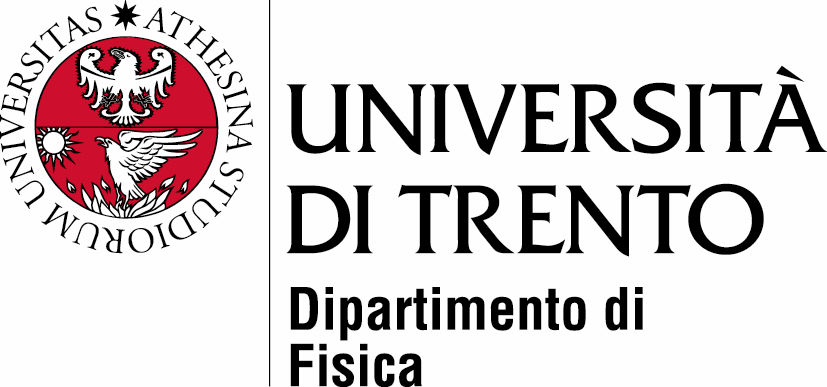Unraveling the emergence of quantum state designs in systems with symmetry
Abstract
Quantum protocols often require preparing random quantum states. Quantum state designs address this pertinent question: `How can one efficiently sample a Haar-distributed quantum state?’ The recently introduced projected ensemble framework generates approximate state designs by hinging on projective measurements over a subsystem of a single chaotic generator state. In this talk, I shall discuss the emergence of state designs from generator states exhibiting symmetries. The presence of symmetries constrains randomness, influencing both the dynamics and the state, thereby limiting suitable measurement bases. Focusing initially on translation-symmetric states, we establish a sufficient condition for a measurement basis to guarantee the emergence of state designs. A careful examination of the violations of this condition pinpoints bases that fail to produce designs. To contextualize in a physical setting, the dynamical generation of designs in a chaotic Ising model with periodic boundary conditions will be discussed. The talk will also touch upon extensions to other discrete symmetries, broadening the scope of the results.
Speaker
Naga Dileep Varikuti, Indian Institute of Technology

This initiative is part of the European project:


Funded by the European Union. Views and opinions expressed are however those of the author(s) only and do not necessarily reflect those of the European Union or the European Commission. Neither the European Union nor the granting authority can be held responsible for them.
This project has received funding from the European Union’s Horizon Europe research and innovation programme under grant agreement No 101080086 NeQST.


